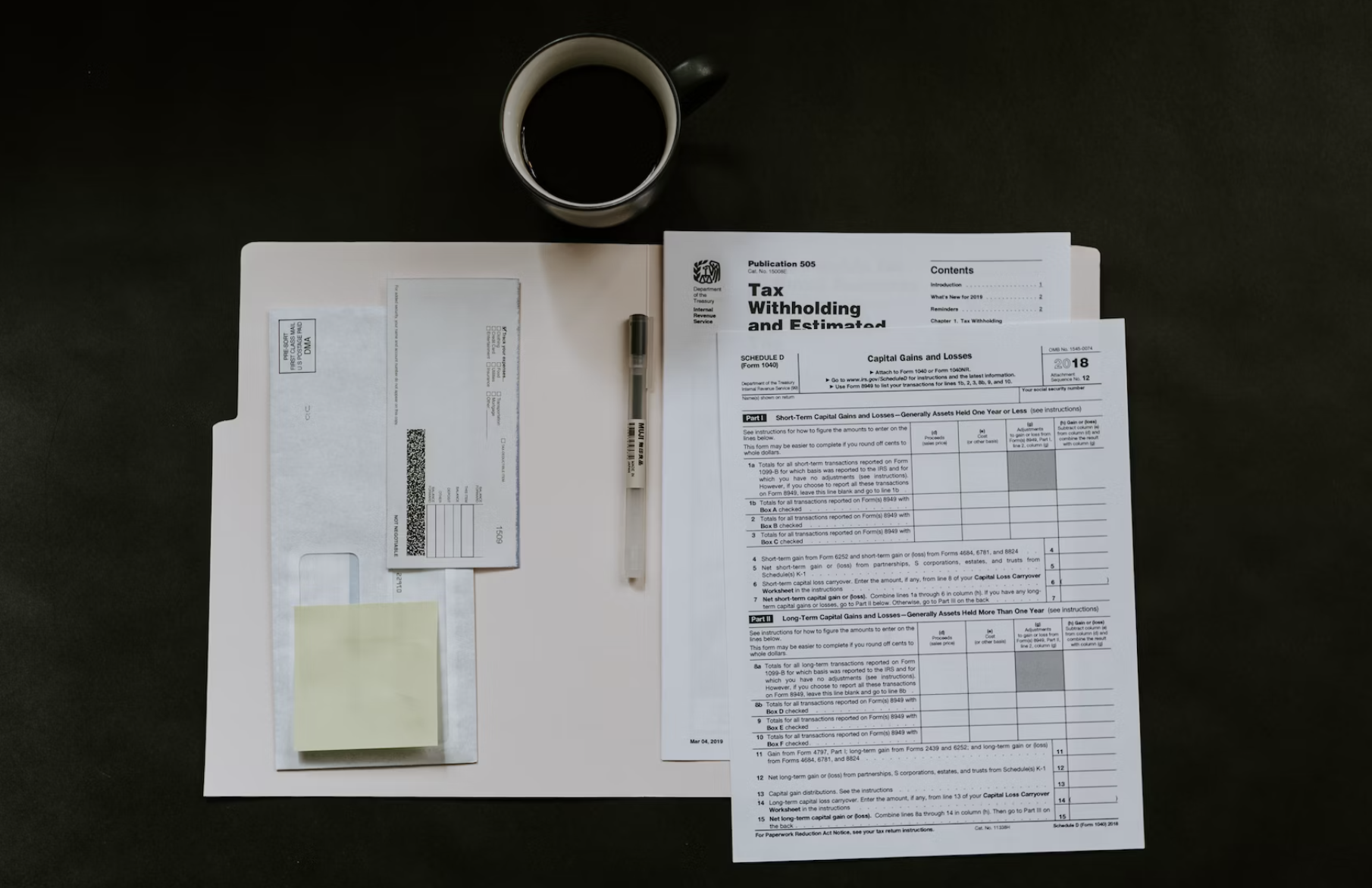Consumers who shop for health insurance on HealthCare.gov, as well as residents of the states of Nevada, Pennsylvania, and Washington, have roughly two weeks left to enroll in a plan under the COVID-19 special enrollment period, which ends on August 15th.
When the American Rescue Plan Act passed in March 2021, it put in place several key provisions that made getting health insurance easier and more affordable. The act removed the 400 percent of federal poverty level subsidy cliff, giving more individuals access to advance premium tax credits (APTC) for 2021 and 2022; it lowered the consumer contribution cap to 8.5 percent of income for 2021 and 2022; it allowed for tax filers who received unemployment benefits for at least one week of 2021 to receive the maximum eligibility for subsidies through the end of 2021; and it extended the federal COVID-19 special enrollment period (SEP) to August 15, 2021.
State-Based Marketplaces have the flexibility to decide what is best for their states and align with state healthcare policy. As such, Idaho’s Your Health Idaho state-based exchange decided to keep the exchange Special Enrollment Period open for short period of time, while California and New Jersey opted for leaving their SEPs open through the end of the year 2021. The state-based marketplaces of Nevada, Pennsylvania, and Washington State aligned their SEP windows with that of the federal platform.
“I can convincingly say that we are set up for flexibility in a way that the federal exchange cannot and will not be in any way, shape, or form, ever.” Heather Korbulic, Executive Director, SSHIX
You are trying to load a table of an unknown type. Probably you did not activate the addon which is required to use this table type.
With the Delta variant increasing across the United States, and the enrollment deadline in several states just two weeks away, now is a great time for uninsured consumers to enroll in a health insurance plan.
As of May 2021, 4,500 Nevadans have taken advantage of the SEP, and as of June 2021, 21,072 Pennsylvanians and 8,400 Washingtonians have also enrolled in plans. Consumers can use this simple calculator to see what monthly premiums might cost them under the American Rescue Plan.




